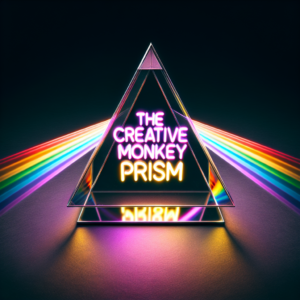If bees ran the world, how might they shape our environmental policies and societal structures? Renowned for their diligence, cooperation, and pivotal role in pollination, bees could provide an intriguing model for a world built on ecological balance and collective harmony.
10 Insights from a Bee-Led World
- Cooperative Societies: A bee-led world would likely prioritize cooperation and collective responsibility over individualism.
- Environmental Stewardship: Bees depend on a healthy environment, so policies ensuring the protection and rejuvenation of natural ecosystems would be paramount.
- Sustainable Agriculture: With bees’ crucial role in pollination, sustainable agriculture practices would be a cornerstone of a bee-led world.
- Efficient Resource Use: Just as bees make the most of every nectar drop, resource efficiency would likely be a major societal norm.
- Biological Diversity: Recognizing the value of diverse flora for their survival, bees would likely foster biodiversity.
- Climate Action: As sensitive indicators of ecological health, bees would likely be proactive in addressing climate change.
- Diligence: Known for their work ethic, a bee-led world might emphasize diligence and productivity, balanced with rest and renewal.
- Harmony: Bees manage to balance individual tasks with hive needs seamlessly, so a harmonious societal structure would be essential.
- Resilience: Bees exhibit resilience against numerous environmental pressures. This trait would be prized in a world where adaptability to change is essential.
- Interconnectedness: In a bee-led world, the interconnectedness of all life forms and the environment would be a foundational understanding.
QR Poet Summary
If bees ran the world, it might look significantly different from our current human-led societies. Cooperation, environmental stewardship, sustainable practices, diligence, harmony, and interconnectedness could shape such a world. Reflecting on these insights allows us to consider how we can incorporate these elements into our current societies to foster a more sustainable and harmonious world.
The Big Question
What can we learn from a hypothetical bee-led world, and how can we implement these lessons to foster environmental stewardship, cooperation, and a more harmonious coexistence with nature?










